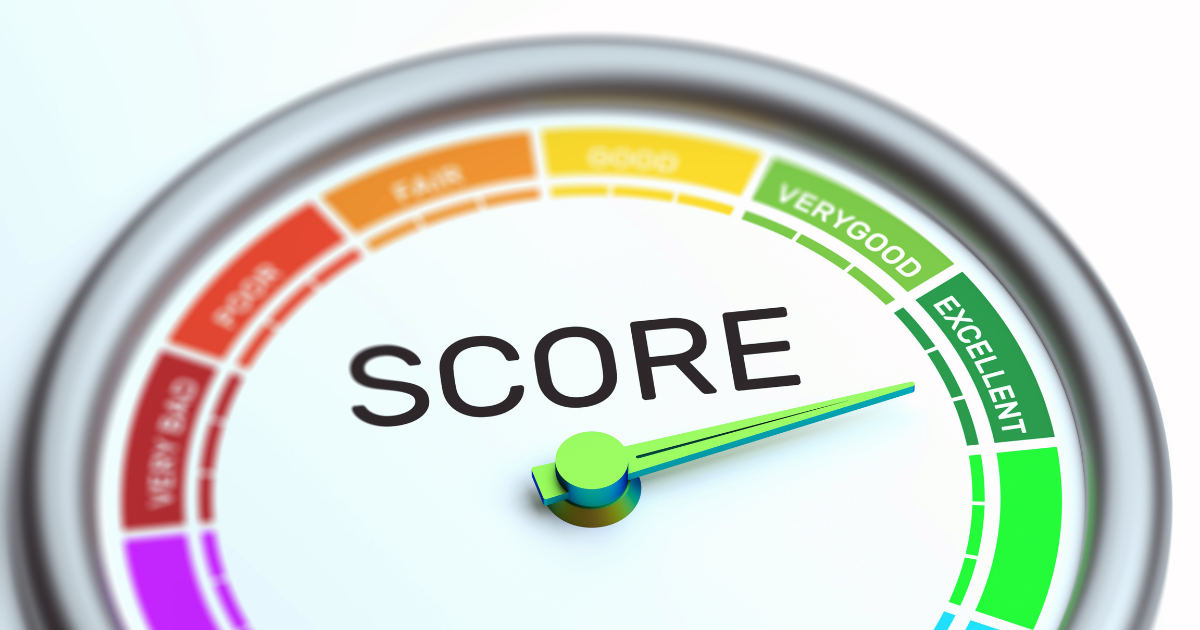A low CIBIL score can make traditional loans hard to access, leaving many borrowers in financial distress. Bad CIBIL loan apps have emerged as an alternative, offering quick access to funds for individuals with poor credit histories. But are these apps a smart choice? This article delves into the pros, cons, and considerations of using bad CIBIL loan apps, helping you make informed financial decisions.
What Are Bad CIBIL Loan Apps?
Bad CIBIL loan apps are digital platforms designed to cater to borrowers with low credit scores. Unlike traditional lenders, these apps prioritize quick approvals and flexible criteria, often bypassing the strict credit score requirements of banks and NBFCs. They assess factors like income stability, repayment capability, and sometimes even alternative credit metrics.
Check Your Credit Score
Benefits of Bad CIBIL Loan Apps
1. Accessibility for Low Credit Scores
These apps provide financial options for individuals who are typically rejected by traditional lenders due to poor credit history.
2. Quick Approval and Disbursement
With minimal paperwork and automated processes, loan approvals can happen within minutes, and funds are often disbursed within hours.
3. Minimal Documentation
Most apps only require basic documents like ID proof, address proof, and income statements, simplifying the application process.
4. Opportunity to Rebuild Credit
Borrowers who repay loans on time can see gradual improvements in their credit scores, paving the way for better financial opportunities.
5. Flexibility in Loan Amounts
Many apps offer small, short-term loans tailored to immediate needs, reducing the burden of borrowing excessively.
Risks of Using Bad CIBIL Loan Apps
1. High Interest Rates
To offset the risk of lending to low-credit borrowers, these apps charge significantly higher interest rates compared to traditional loans.
2. Hidden Charges
Some apps include processing fees, late payment penalties, or other hidden costs that can inflate the overall borrowing expense.
3. Short Repayment Tenures
The repayment periods are usually brief, making it difficult for borrowers to manage cash flow and repay on time.
4. Risk of Overdependence
Easy access to funds can lead borrowers to rely on these apps frequently, trapping them in a cycle of debt.
5. Unethical Practice
Some unregulated loan apps engage in harassment for repayments or misuse borrower data, posing privacy risks.
Factors to Consider Before Choosing a Bad CIBIL Loan App
- Credibility of the App Research and choose apps with good reviews, transparent terms, and proper regulatory compliance.
- Interest Rates and Fees Compare the total cost of borrowing, including hidden charges, to ensure you’re not overpaying.
- Repayment Flexibility Opt for apps that provide flexible repayment options and avoid those with overly stringent terms.
- Loan Purpose Use these loans for urgent, short-term needs only. Avoid borrowing for non-essential expenses.
- Plan for Repayment Ensure you have a clear repayment plan to avoid defaults and additional penalties.
Are Bad CIBIL Loan Apps a Smart Choice?
Bad CIBIL loan apps can be a smart choice in certain situations, such as emergencies or when all other financial options are exhausted. However, they should not be the go-to solution for long-term financial needs due to their high costs and potential risks. Borrowers should approach these apps with caution, understanding the terms fully and prioritizing timely repayments to rebuild their credit.
Conclusion
Bad CIBIL loan apps offer a lifeline to borrowers with low credit scores, (Check - Bad CIBIL loan apps list) but they come with their own set of challenges. While they provide quick access to funds and a chance to improve credit scores, the high interest rates and hidden fees make them a costly choice. If used responsibly and sparingly, these apps can serve as a stepping stone to better financial health. Always evaluate your options carefully and focus on building habits that improve your creditworthiness over time.





Comments